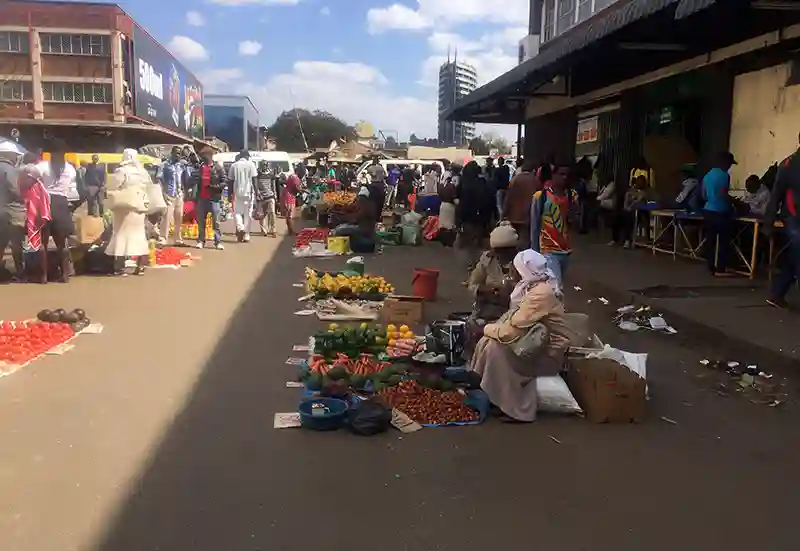Zimbabwe faces significant challenges in meeting the social and economic rights of its citizens, as evidenced by various indicators such as GNP per capita, indices of social development, labour productivity, and the Social Progress Index.
As of 2024, Zimbabwe’s GNP per capita remains low compared to regional averages, indicating limited economic resources available for individual citizens.
The Social Development Index highlights deficiencies in health care, education, and living standards, which are critical components of social rights.
Article 22 of the UDHR states, “Everyone, as a member of society, has the right to social security and is entitled to realization, through national effort and international cooperation and in accordance with the organization and resources of each State, of the economic, social and cultural rights indispensable for his dignity and the free development of his personality.”
Article 22 of the Banjul Charter asserts that “All peoples shall have the right to their economic, social and cultural development with due regard to their freedom and identity and in equal enjoyment of the common heritage of mankind.”
Labor productivity has been hindered by economic instability and a lack of investment in infrastructure and human capital, further exacerbating poverty levels.
Additionally, the Social Progress Index reflects poor performance in areas such as personal rights and freedoms, access to basic knowledge, and environmental sustainability.
Collectively, these metrics suggest that Zimbabwe is struggling to fulfil its obligations to ensure adequate social and economic rights for its population.
The concept of social and economic well-being as a human right is grounded in the principles of progressive realization, which emphasizes that states have an obligation to progressively enhance the living conditions of their citizens.
This involves ensuring that social value is embedded within policies and practices, thereby fostering an environment where individuals can thrive economically and socially.
Adaptive social protection systems play a crucial role in this framework by providing safety nets that respond to the vulnerabilities faced by populations, particularly in times of crisis or change.
These systems not only aim to alleviate poverty but also promote resilience and empowerment, reinforcing the idea that access to basic needs such as food, healthcare, education, and housing is fundamental to human dignity.
Thus, recognizing social and economic wellbeing as a human right underscores the responsibility of governments and societies to create inclusive frameworks that support all individuals in achieving their full potential.
In order to ensure social and economic well-being as a human right in Zimbabwe, the government, business sector entities, international agencies, and civil society organizations must all take a multipronged approach.
First and foremost, the government ought to give top priority to enacting laws that support fair access to necessities like housing, healthcare, and education.
This can be accomplished by giving these sectors larger budgetary allocations and making sure that resources are allocated equitably among all communities and regions.
It is crucial to promote economic opportunities by creating jobs. By lowering administrative barriers and offering assistance to small and medium-sized businesses (SMEs), the government should foster an atmosphere that encourages entrepreneurship.
International organizations can also help by offering financial support and technical assistance for development initiatives meant to boost productivity and infrastructure.
Furthermore, in order to fortify legislative frameworks that safeguard human rights, parties must cooperate. This involves ensuring that international treaties pertaining to social and economic rights are incorporated into national law and ratifying them.
Human rights education initiatives can enable citizens to effectively demand their rights. It is therefore imperative for every citizen to understand that they have the right to social and economic well-being and the government should play a pivotal role in ensuring that those rights are not thwarted by policies and frameworks which do not uphold the very foundations of human rights.
This story was contributed by Gaylord Munemo, an emergency response specialist.
More: Pindula News

